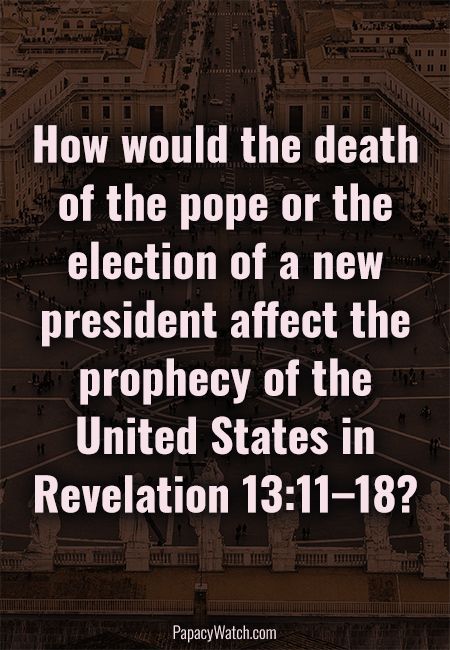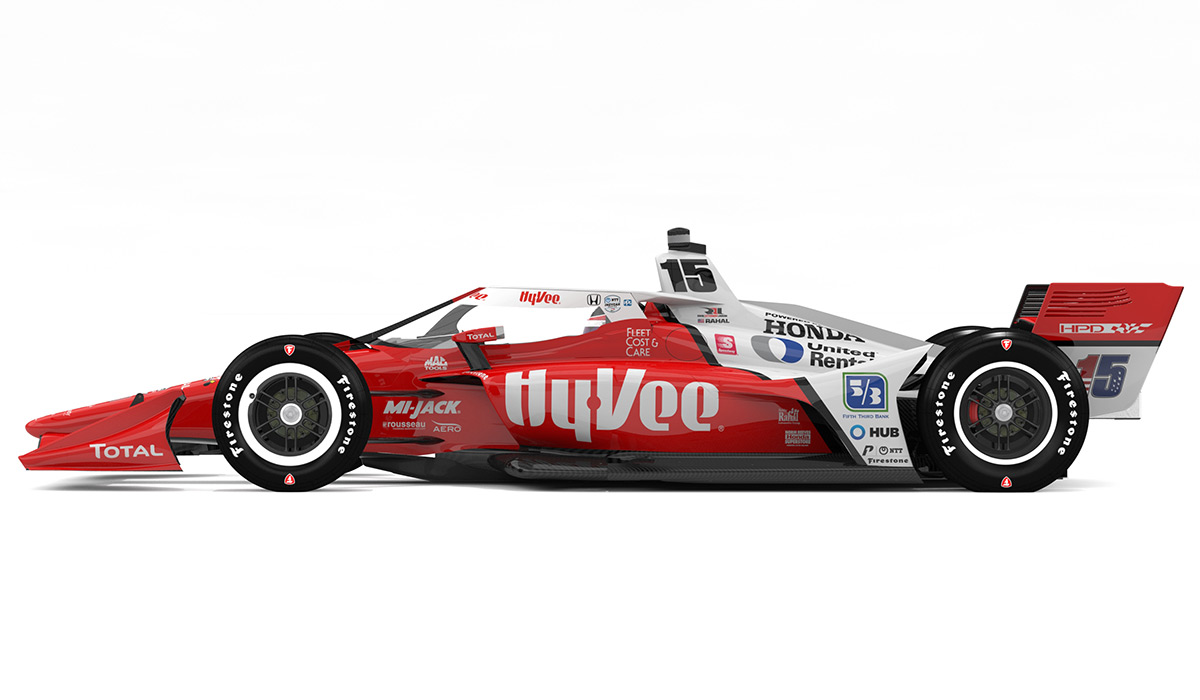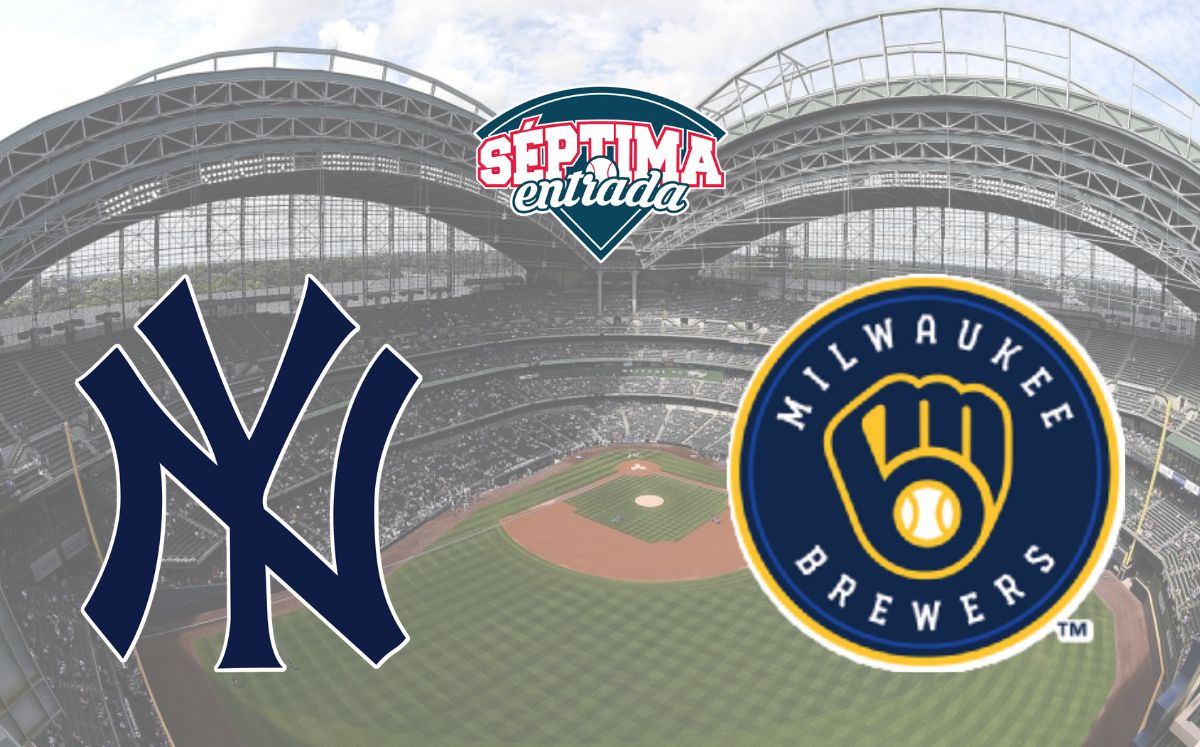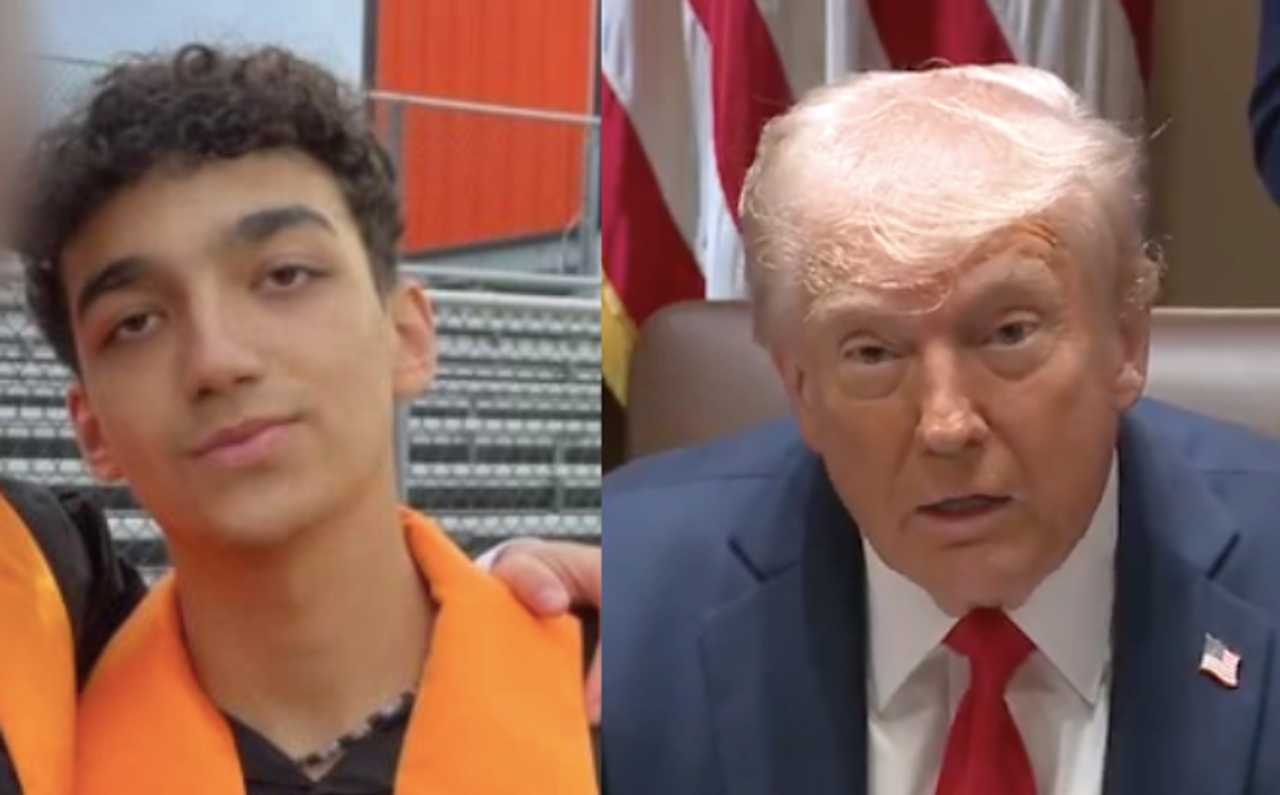Who Could Be The Next Pope? Predicting The Future Of The Papacy

Table of Contents
Key Factors Influencing the Papal Election
The selection of the next Pope is a complex process influenced by various factors, making any prediction challenging but fascinating. The College of Cardinals, the theological landscape, and geographical representation all play crucial roles.
The College of Cardinals: A Diverse Body
The College of Cardinals, the body responsible for electing the Pope, is a diverse group with varying ages, geographic origins, and theological viewpoints. Understanding its composition is key to predicting the next Pope.
- Geographic Distribution: Cardinals hail from across the globe, representing different continents and cultures. The current distribution reflects a shift towards a more globalized Church, with significant representation from Africa, Asia, and Latin America.
- Theological Leanings: The College is not monolithic in its theological views. It encompasses a spectrum of opinions, ranging from conservative to progressive, influencing the selection process considerably. The balance between these factions significantly shapes the type of successor chosen.
- Average Age of Electors: The age of the Cardinals is a significant factor. Younger Cardinals may favor a more progressive approach, while older Cardinals might lean towards more traditional views. This age dynamic significantly impacts the direction the Papacy might take.
The interplay of these factors creates a complex dynamic within the College, making it difficult to definitively predict the outcome of the conclave. The weight given to each factor, including regional representation and the balance of theological perspectives, will significantly influence the next Pope's selection.
Theological Considerations: Navigating Divergent Views
Major theological debates within the Catholic Church heavily influence the Papal election. The next Pope will need to navigate these complexities effectively.
- Conservative vs. Progressive Viewpoints: The Church is home to a spectrum of theological perspectives, ranging from traditional, conservative views to more progressive interpretations of doctrine. This internal diversity is a key consideration for the Cardinals.
- Social Issues: Stances on social issues like LGBTQ+ rights, climate change, and economic justice are paramount. The next Pope's position on these crucial contemporary issues will significantly shape the Church's public image and influence.
- Ecumenism and Interfaith Dialogue: The pursuit of ecumenical relations with other Christian denominations and fostering positive interfaith dialogues are crucial aspects of the modern Papacy. The future Pope's approach to these dialogues will determine the Church's relationship with other religious communities.
The next Pope's theological leanings will significantly influence the Church's direction on numerous vital social and moral issues. The balance between upholding tradition and addressing modern challenges will be a defining aspect of the next pontificate.
Geographical Representation: A Global Church
Geographical representation holds significant weight in the Papal election. The Catholic Church is a global institution, and the next Pope must resonate with a diverse, worldwide congregation.
- Representation from Different Continents: The selection of a Pope from a non-European country, particularly from Africa, Asia, or Latin America, is increasingly likely, reflecting the Church's global growth. This shift would signify a significant change in the historical trajectory of the papacy.
- Appeal to a Global Church: The next Pope needs to effectively address the unique challenges and contexts of various regions. This necessitates a leader who can bridge geographical and cultural divides, fostering unity and understanding across the globe.
- Breaking the European Tradition: While many Popes have been European, the growing global presence of Catholics necessitates a consideration of candidates from other regions to ensure representation and relevance. This potential shift is a significant element in anticipating the next Pope.
The increasing global presence of Catholics necessitates a broader geographic representation in the Papacy. The selection of a Pope from a non-European nation could mark a pivotal moment in the Church's history.
Potential Candidates for the Next Pope
Predicting the next Pope is inherently speculative, but several Cardinals are frequently mentioned as potential successors.
Leading Contenders: Prominent Figures
Several Cardinals consistently feature in discussions about potential successors to Pope Francis. Their backgrounds, theological positions, and strengths and weaknesses are crucial factors to consider.
- Cardinal [Name 1]: [Nationality], [Key positions held], [Theological leanings – conservative/moderate/progressive], [Strengths], [Weaknesses]
- Cardinal [Name 2]: [Nationality], [Key positions held], [Theological leanings – conservative/moderate/progressive], [Strengths], [Weaknesses]
- Cardinal [Name 3]: [Nationality], [Key positions held], [Theological leanings – conservative/moderate/progressive], [Strengths], [Weaknesses]
- Cardinal [Name 4]: [Nationality], [Key positions held], [Theological leanings – conservative/moderate/progressive], [Strengths], [Weaknesses]
- Cardinal [Name 5]: [Nationality], [Key positions held], [Theological leanings – conservative/moderate/progressive], [Strengths], [Weaknesses]
(Replace bracketed information with details about actual Cardinals.) Each candidate presents a unique profile, bringing distinct strengths and weaknesses to the table. Their suitability for the Papacy depends on the Cardinals' priorities and the direction they wish to see the Church take.
Dark Horse Candidates: Unexpected Choices
While certain Cardinals are consistently named, others could emerge as surprising candidates. These "dark horses" offer interesting possibilities.
- Cardinal [Name 6]: [Nationality], [Key positions held], [Theological leanings – conservative/moderate/progressive], [Reasons for potential surprise candidacy]
- Cardinal [Name 7]: [Nationality], [Key positions held], [Theological leanings – conservative/moderate/progressive], [Reasons for potential surprise candidacy]
(Replace bracketed information with details about actual Cardinals.) These Cardinals might be less frequently discussed, but their profiles and potential contributions to the Church warrant attention. The unpredictable nature of the conclave could bring a less expected candidate to the forefront.
The Future of the Papacy: Challenges and Opportunities
The next Pope will inherit a Church facing significant global challenges and opportunities for renewal.
Global Challenges: Navigating a Complex World
The Catholic Church faces numerous pressing challenges in the 21st century, demanding innovative leadership.
- Declining Attendance: Addressing the decline in church attendance in many parts of the world requires innovative strategies and a renewed focus on engaging younger generations.
- Internal Divisions: Bridging internal divisions and fostering unity within the Church remains a crucial priority. Reconciling different theological perspectives and approaches will be essential.
- Abuse Scandals: Addressing the ongoing impact of past abuse scandals and implementing robust preventative measures is crucial for regaining trust and credibility.
- Global Conflicts: Responding effectively to global conflicts and promoting peace and reconciliation are essential aspects of the Papacy's role on the world stage.
The next Pope must navigate these multifaceted challenges with wisdom and determination, requiring skillful diplomacy and a clear vision.
Opportunities for Renewal: Embracing a Brighter Future
Despite the challenges, opportunities exist for significant reform and renewal within the Catholic Church.
- Inclusivity and Social Justice: Promoting inclusivity and addressing social justice issues are vital for reflecting the values of the Gospel. This includes advocating for the marginalized and working towards a more just and equitable world.
- Modernization and Dialogue: Modernizing the Church's structures and fostering open dialogue with the modern world are essential for relevance and engagement. Adapting to the changing societal landscape is a key priority.
- Interfaith Relations: Strengthening interfaith relations and fostering a spirit of collaboration and mutual respect with other religious communities can enrich the Church's role in the global community.
- Environmental Stewardship: Addressing climate change and promoting environmental stewardship is a crucial responsibility, reflecting the Church's commitment to caring for creation.
Capitalizing on these opportunities will require bold leadership and a willingness to embrace change, adapting the Church to the realities of the 21st century.
Conclusion
The selection of the next Pope is a multifaceted event influenced by the College of Cardinals' composition, theological considerations, geographical representation, and the numerous challenges and opportunities facing the Church. While predicting the precise outcome remains impossible, understanding these factors provides valuable insight into potential candidates and the future direction of the Catholic Church. Several prominent Cardinals, along with some unexpected contenders, could potentially ascend to the papacy. The next Pope's leadership will be crucial in navigating the complexities of the modern world while upholding the Church's core values.
The selection of the next Pope is a pivotal moment for the Catholic Church. Stay informed about this critical event by continuing to follow the latest developments and news surrounding the next Pope and the future of the Papacy. Understanding the potential candidates and the factors influencing the election is crucial to understanding the future direction of the Catholic Church.

Featured Posts
-
 Rahal Letterman Lanigan Racings 2025 Indy Car Season A Comprehensive Preview
May 12, 2025
Rahal Letterman Lanigan Racings 2025 Indy Car Season A Comprehensive Preview
May 12, 2025 -
 Yankees Vs Brewers Checking The Injury Lists March 27 30
May 12, 2025
Yankees Vs Brewers Checking The Injury Lists March 27 30
May 12, 2025 -
 Shifting Border Enforcement Fewer Arrests More Rejected Entries
May 12, 2025
Shifting Border Enforcement Fewer Arrests More Rejected Entries
May 12, 2025 -
 The Benny Blanco Selena Gomez Theresa Marie Triangle Fact Or Fiction
May 12, 2025
The Benny Blanco Selena Gomez Theresa Marie Triangle Fact Or Fiction
May 12, 2025 -
 Hamas Hostage Edan Alexander Expected Release Date And Details
May 12, 2025
Hamas Hostage Edan Alexander Expected Release Date And Details
May 12, 2025
